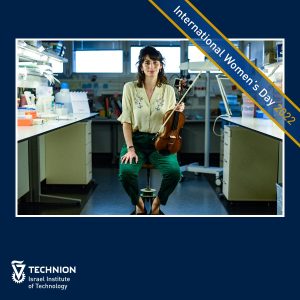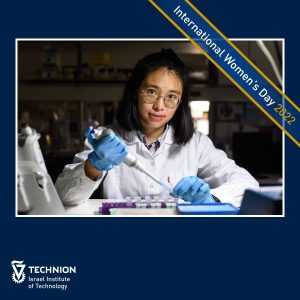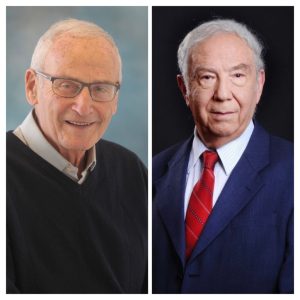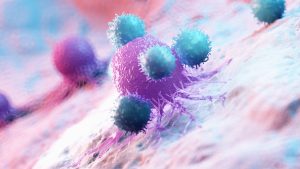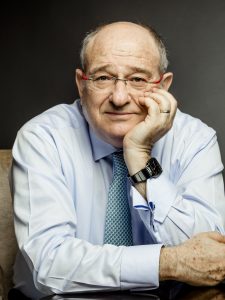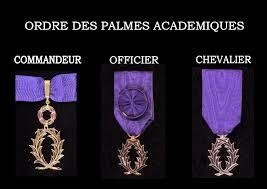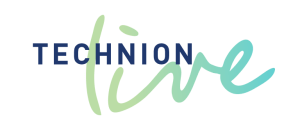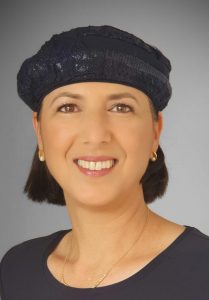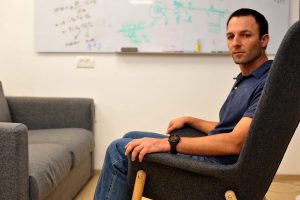At the age of eight, Tamar Koren began playing the violin. “I fell in love with the sound of this instrument, a sound full of depth and expression. Over the years, playing the violin became a central part of my life: concerts, courses, master classes, auditions, hours of practice every day. I guess anyone who has been involved in the arts or in sports knows how consuming it is, because every hour of the day counts and there is no such thing as a day without training. Even though it was a lot of pressure, it was a magical world. Through it I met a lot of likeminded musicians, I learned how to keep improving, and how to get up and keep going even when I was told I hadn’t played well enough.”
Tamar graduated from the Thelma Yellin High School with honors in both music and the core subjects, and enlisted in the IDF as an “outstanding musician.” After being discharged, she graduated with a B.Mus. Honors in instrumental performance from the Buchmann-Mehta School of Music at the Tel Aviv University.
And that’s where the plot took a twist: Tamar decided to make a dramatic change in her professional life and apply to medical school. “I was always fascinated by doctors’ ability to treat patients from a place of knowledge, intellect, and understanding of ‘how the body works’. At some point, I decided that even if I did not continue to be a professional violinist, the music would remain with me, and that maybe, thanks to the perseverance and discipline that I’d learned through my practice, I could continue to pursue another dream.” A year later, she began her medical studies at the Ruth and Bruce Rappaport Faculty of Medicine at the Technion.
After three years of pre-clinical studies, Tamar was accepted into the M.D./Ph.D track, a dual doctorate in research and medicine. She carries out her research under Professor Asya Rolls’ supervision, in her lab. “I remember when Asya asked me to start the project that later became my doctoral project, she warned me that it was ‘high-risk high-gain’ – a choice that involved a high-risk gamble. How did that not put me off? The subject, encoding immune information in the brain, sounded both fascinating and abstract, and Asya was infectiously enthusiastic for exploring the subject. I was excited to accept the challenge.”
In their study, carried out on mice, Asya and Tamar tried to find out if the brain could monitor and remember inflammatory events. They found several brain areas that were more reactive during inflammation, and by activating one of them, the insula, were able to reproduce the same inflammatory event from which the mice had already recovered. “We were surprised at how specific the recapitulation of the immune information could be – just by reactivating specific neuronal ensembles in the brain, we could induce inflammation at the exact same site in the body where it initially appeared. Furthermore, we discovered that not only could we produce a recurrent inflammatory event but also alleviate inflammation –if instead of activating the relevant brain region we inhibited it. The study clarified how much of an effect the brain has on gastrointestinal diseases that supposedly have nothing to do with the central nervous system.”
Last November, their findings were published in Cell. “It was very exciting to see the interest the article sparkled in the scientific and medical community. Basically, we made progress towards a better understanding of what are now considered psychosomatic phenomena. Though these phenomena have been known for years, their underlying mechanism remains unclear. Our research provided a physiological basis for the psychosomatic phenomenon through finding immune memories in the brain, a discovery that we hope will lead to new therapeutic avenues and better clinical outcomes in certain diseases.”
“During my years in academia, I discovered that the search for creative solutions, whether in research or medical studies, strengthened my confidence in my ability to deal with different situations and challenges, although it took me a while to figure that out. I remember that at school there was an emphasis on showing proficiency and knowledge, being encouraged mostly to answer questions, and less to ask them. This emphasis brought up feelings of insecurity, because in only answering questions, either you were right or wrong. And if you were wrong, maybe next time you would avoid answering even if you knew the answer, and so the vicious circle continued. Curiosity, however, is neither right nor wrong. And as long as curiosity exists, knowledge will follow. What’s so beautiful about academia and science is that you’re constantly motivated to think, be creative and understand that mistakes are an integral part of the process. Through this I discovered that encouraging questions allows your confidence and your own ideas to flourish, while the fear of being wrong decreases. I believe that this is a way to encourage any young girl, however quiet and insecure, to achieve things she only dreamed of.”

